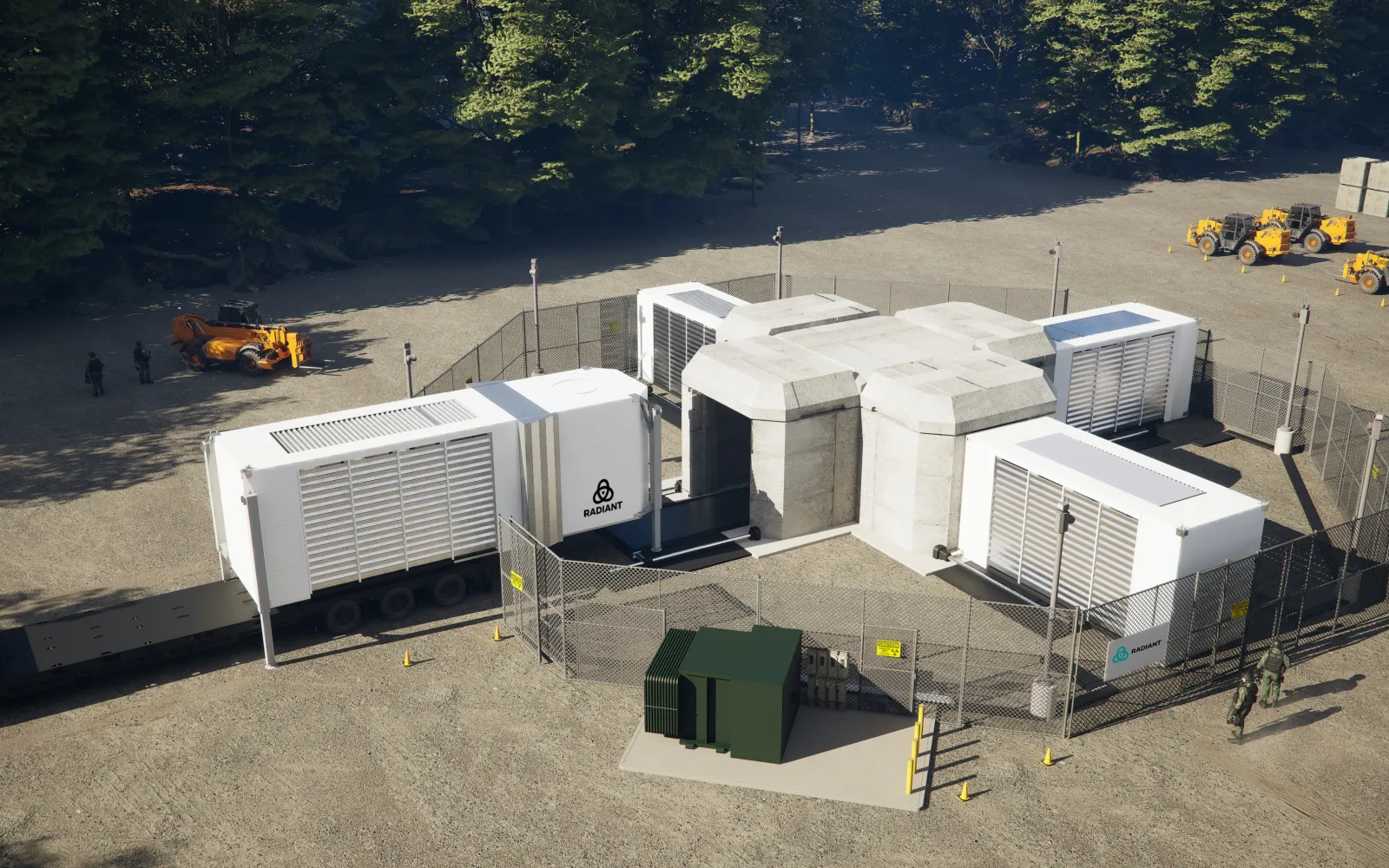

CH4 Global
Tackling beef and dairy farming’s methane problem
When DCVC first invested in CH4 Global only four years ago, we saw something revolutionary: a company that had developed a practical, scalable solution to one of the most acute causes of climate change — the methane-laced burps from cattle that account for roughly a third of all anthropogenic methane emissions. (And anthropogenic methane broadly accounts for 30% of current climate change.)
Innovators and investors have long viewed Asparagopsis seaweed as a potential silver bullet in the fight against livestock methane. The unassuming aquatic plant is natural, safe, and can reduce enteric methane emissions by up to 90 percent when fed to cattle in small amounts. There’s also an added benefit: reducing the energy lost to methane production in the animals’ rumen means that cattle grow or produce milk more efficiently, enabling meaningful savings for farmers.
The problem? Cultivating, scaling, and processing the delicate seaweed have remained elusive for over a decade.
Last week, CH4 Global took a major step forward in its mission to achieve gigaton-scale emissions reductions with the opening of the world’s first commercial-scale facility for growing Asparagopsis, the key ingredient in its flagship Methane Tamer™ feed supplement. The EcoPark facility, located in Louth Bay, South Australia, leverages CH4 Global’s proprietary pond-based cultivation system that massively reduces capital expenses while ensuring consistent, high-quality output.
The EcoPark’s initial phase uses 2 million liters of treated seawater that can produce 80 metric tons of Methane Tamer annually. Within a year, CH4 Global will expand the facility by 10X, capable of serving 45,000 cattle per day. And at full potential build-out, the facility will produce enough seaweed to serve 225,000 cattle daily and reduce CO2-equivalent emissions by 1.25 million metric tons per year (GWP20).
Global corporations are taking note. The EcoPark opening follows several major business milestones that underscore the immense opportunity ahead. In January, Chipotle Mexican Grill, one of the top 10 U.S. restaurant chains, announced that it is investing in the company. CH4 Global also entered into a strategic partnership with Japan’s Mitsubishi Corporation to accelerate the adoption of Methane Tamer in key Asia-Pacific markets. And in November, CH4 Global and India-based agri-chemical giant UPL announced a partnership that aims to bring the feed supplement to millions of cattle across five major livestock markets.
With its low-cost production model enabling fast, capital-efficient expansion to meet skyrocketing demand, CH4 Global can make a real dent in global livestock methane emissions within the decade. The path to gigaton-scale impact has never been clearer — and it runs through those inconspicuous red seaweed ponds on South Australia’s coastline. We couldn’t be more excited to see where CH4 Global goes from here.




